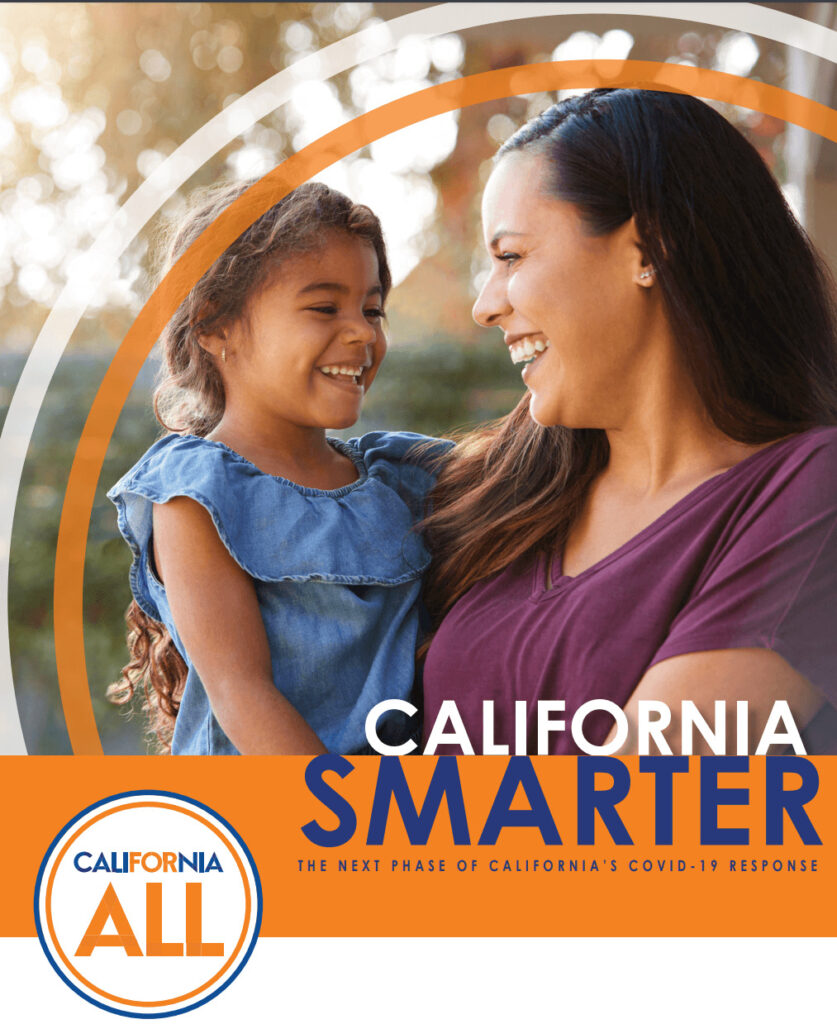In preparation for the next steps in the new normal, California Governor Gavin Newsom announced an ‘endemic’ approach to the coronavirus pandemic. The SMARTER Plan becomes the nation’s first adopted plan, with a focus on continued readiness, awareness, and flexibility regarding COVID-19.
An endemic disease or condition is one that is regularly found in a community but becomes managed as more members of the community develop immunity. The Centers for Disease Control (CDC) defines an endemic as ‘the constant presence and/or usual prevalence of a disease or infectious agent in a population within a geographic area’.
Following the unveiling of the SMARTER Plan, Governor Newsome lifted all but 5% of the COVID-19 related executive order provisions in California. The remaining provisions are key components of the SMARTER Plan, including vaccination programs and protecting hospital and health facility capacity.
The pillars of the California SMARTER Plan include:
Shots: Vaccines are the most effective protection against hospitalization and serious illness.
Masks: Properly worn masks with good filtration help slow the spread of COVID-19 or other respiratory viruses.
Awareness: Awareness of the spread of and evolution of variants under COVID-19, communication with the public, and coordination of state and local government responses.
Readiness: State continuation of readiness with tools, resources and supplies to quickly meet any changes and future demands and to keep public health and the health care system prepared.
Testing: PCR and antigen tests will be directed when they are needed most, and California will use testing to control and minimize the spread of COVID-19.
Education: California will work to keep schools open and children safely in classrooms for in-person instruction.
Rx: Evolving and improving treatments will increasingly become available and may play critical roles as life-saving tools.
The SMARTER Plan highlights the science and data RHP follows with clients when responding to employee and management concerns, the use of properly worn, well-fitting masks, effective ventilation and filtration and communication are key mitigation tools in minimizing transmission of COVID-19. RHP Risk Management supports businesses across numerous industries, including health care, by auditing pandemic health & safety plans, developing OSHA compliant respiratory protection programs and the training of those programs, and validating and measuring the efficacy of ventilation and indoor air. RHP occupational health and safety professionals help employers remain OSHA compliant and mitigate risk of employee injury and illness.
The SMARTER Plan further underscores, as with COVID-19, as an airborne pathogen spreads readily indoors when air circulation is not optimized, innovative improvements to indoor air quality are another essential tool in transmission risk mitigation. RHP’s group of Certified Industrial Hygienists (CIHs) have decades of combined experience and knowledge to assist clients with evaluations of aerosol mobility through buildings using DNA-tagged aerosol tracers and inspections of building mechanical systems. RHP provides clear and understandable reports that visually depict spread of tracer aerosols, and data-driven recommendations for ventilation system improvements when necessary.
RHP works closely with facility owners, employers, and public entities to provide customized pandemic response services. Clients find our experts to be a trusted source for managing, mitigating, and controlling health risks in the workplace through the anticipation, recognition, evaluation, and control of environmental and occupational hazards. Contact RHP for an initial consultation or call (773) 867-6010.

